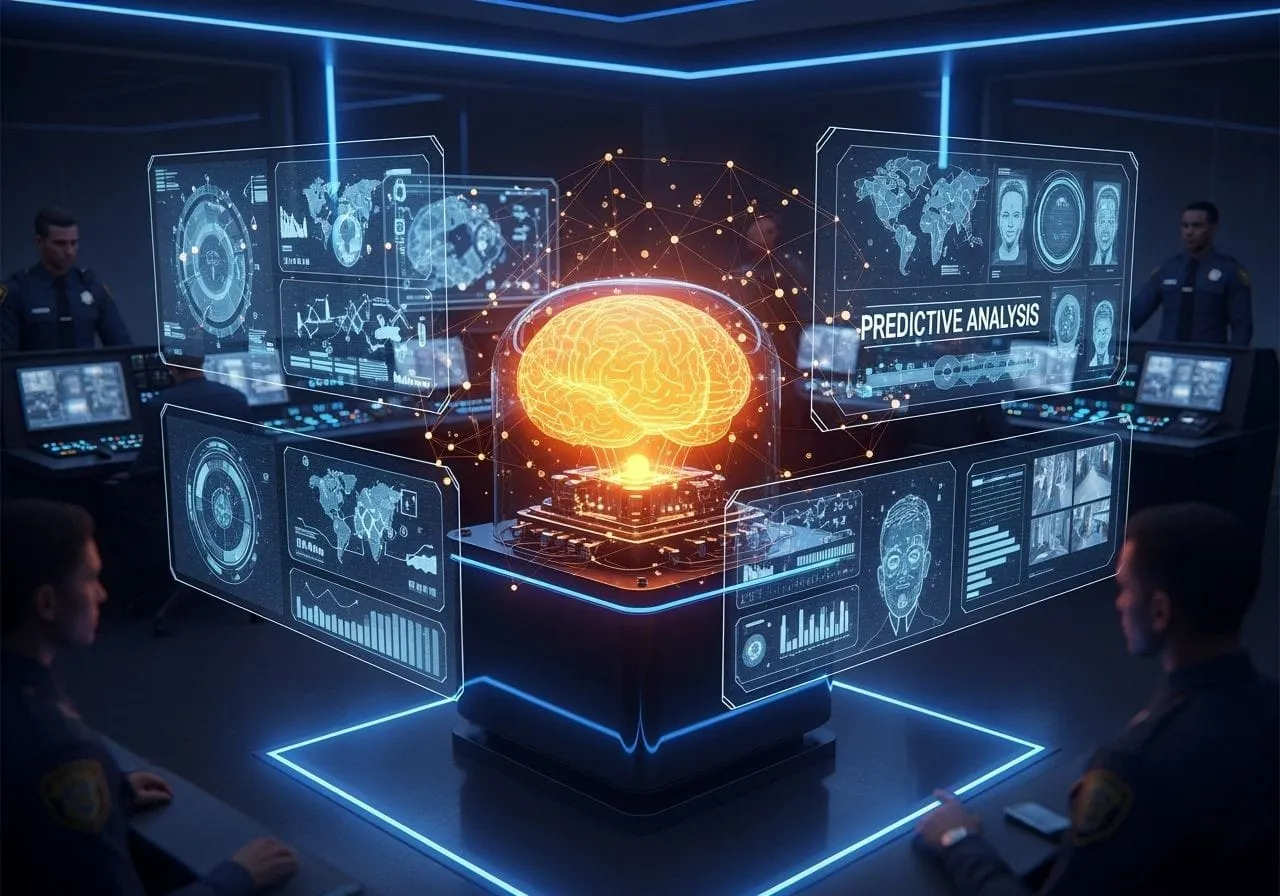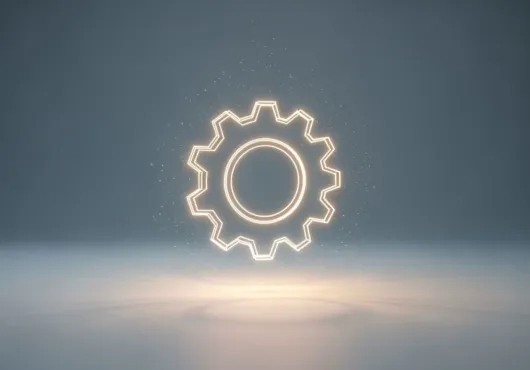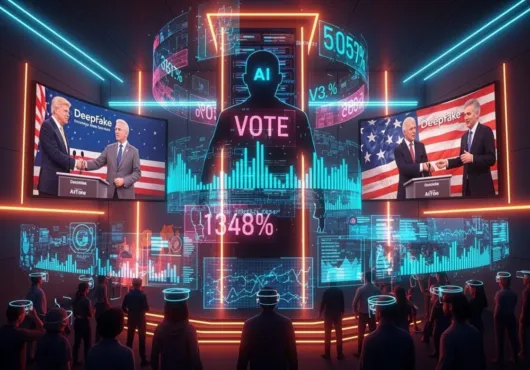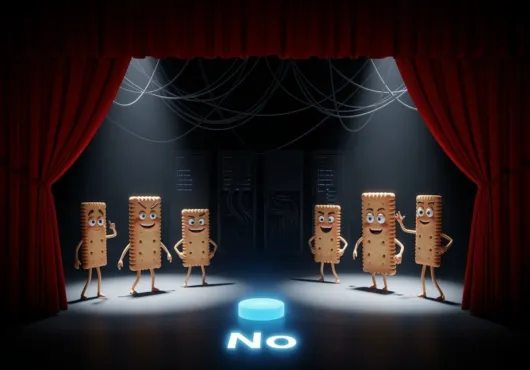Machines don’t judge; they mirror the worst parts of us.
Predicting crime before it happens sounds good in theory. Save lives, prevent chaos. But before we start celebrating the AI Police, let’s talk about who’s really in charge. Spoiler: it’s not your digital doppelganger. Sure, AI might spot patterns, but it can’t undo the fact that the people pulling the strings still have all the baggage. The real question isn’t whether AI can prevent crime—it’s whether we trust ourselves to make it work. Because AI doesn’t solve the problem if the humans misusing it haven’t changed a bit.
The Minority Report Problem
AI in policing sounds like the stuff of Minority Report—the ability to prevent crimes before they happen, like predicting the future. But in the movie, it wasn’t just about the tech—it was about humanity’s control over it. And in real life? “What if the ‘Pre-Crime’ division is actually just us, pretending to be more advanced? In the end, we might be building a world where the machine doesn’t predict our crimes—it amplifies the ones we’re already afraid of committing.”
The Real Risk: Misuse of Power
The dirty little secret about AI is this: no matter how good the technology gets, it’s still controlled by humans. And let’s not kid ourselves here—if you think police departments are going to use AI ethically from the jump, I’ve got a bridge to sell you. Biases aren’t some weird glitch in the system—they’re built into it, consciously or unconsciously, by the people who design and implement the technology. And the more tech we add, the more likely it is that AI will just be another power tool used to keep certain people in check. If we’re being real, the real danger isn’t that AI can’t prevent crime—it’s that AI could be manipulated by the very systems we’re trying to fix.
We’ve always feared the ‘big brother’ surveillance state, but in reality, ‘big brother’ just hired a smarter assistant.
The Irony of Police Tech
AI isn’t cruel by nature. It’s not going to wake up one day and decide to take over the world. But it also doesn’t have compassion, emotion, or any real moral compass. It’s just data processing. And that’s exactly what makes it so dangerous in the hands of people who don’t care about ethics. AI, in theory, is objective. But humans? We’re messy—and if AI is applied incorrectly, it’s not just imperfect tech we’re dealing with. We’re talking about unchecked authority.
AI isn’t wrong. It’s a logic machine, but logic doesn’t always know what it’s supposed to protect. Without that moral compass, AI is just an incredibly efficient tool for executing a bad idea faster.
Can AI Be Trusted in Law Enforcement?
People need a neutral force helping to remove bias and ensure fairness. But in the real world? It’s up to us to make sure AI is used properly, and that’s a bigger question than just “can we trust AI?” What about the humans who build and deploy it? Can we trust them? Do they care? Do they even understand the ramifications of their creations?
The People Who Should Be Held Accountable
AI doesn’t make mistakes on its own; it’s just a set of algorithms. But when those algorithms are being applied by people who may or may not care about ethics, bias, and justice, then we’ve got a whole other issue. The truth is, AI in policing could help reduce human error—if it’s done right. But doing it right means taking responsibility. And that’s a lot more than just adding a bunch of tech to a broken system.
Accountability doesn’t end with the tech—it starts with the person who says, ‘Trust us, it’ll be fine,’ while pocketing a hefty check from a contract.



